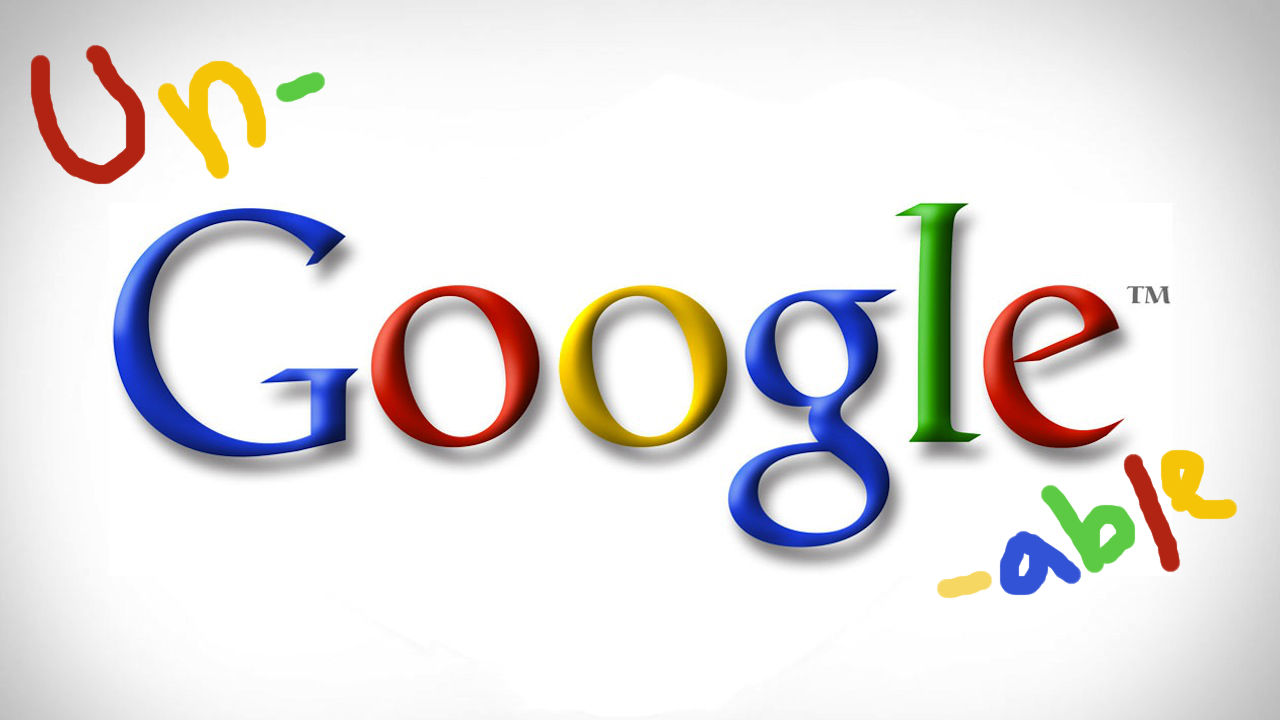Every year, the Swedish Language Council chooses a set of new words to be inducted into the nation’s language, like a more official version of what Merriam-Webster does for English. This year, the words included köttrymd (fleshspace, the awesome Swedish version of IRL), brony (which means exactly what you think it does) and tårtgate (cakegate, the furor that erupted after the Swedish Minister of Culture was photographed slicing into a cake depicting a stereotypical African woman). It also included ogooglebar, or ungoogleable, defined as “that you can’t find on the web with the use of a search engine.”
Google objected to the word’s definition, which refers terms that can’t be found on any search engine, not just Google’s. You might think the search giant would be happy with the word’s implication that if something can’t be found on Google, it can’t be found anywhere, but there’s something else at play: the threat of legal generification, by which a company’s exclusive rights to its own trademark can be stripped if it’s proven that the trademark is widely used to refer to a general product or service, rather than the company’s particular version of it.
This happens in the U.S. too. Think aspirin (originally trademarked by Bayer AG), escalator (Otis Elevator Co.), and kerosene (Abraham Gesner). The list goes on.
When confronted with Google’s pressure to remove the word, the language council folded, but not before council secretary Peter Englund could go into badass linguistics professor mode. “Now the word has really spread, doesn’t Google understand that it has shot itself in the foot?” he asked, adding, “Let Google roll out its cannons, because we have cannons too.”


